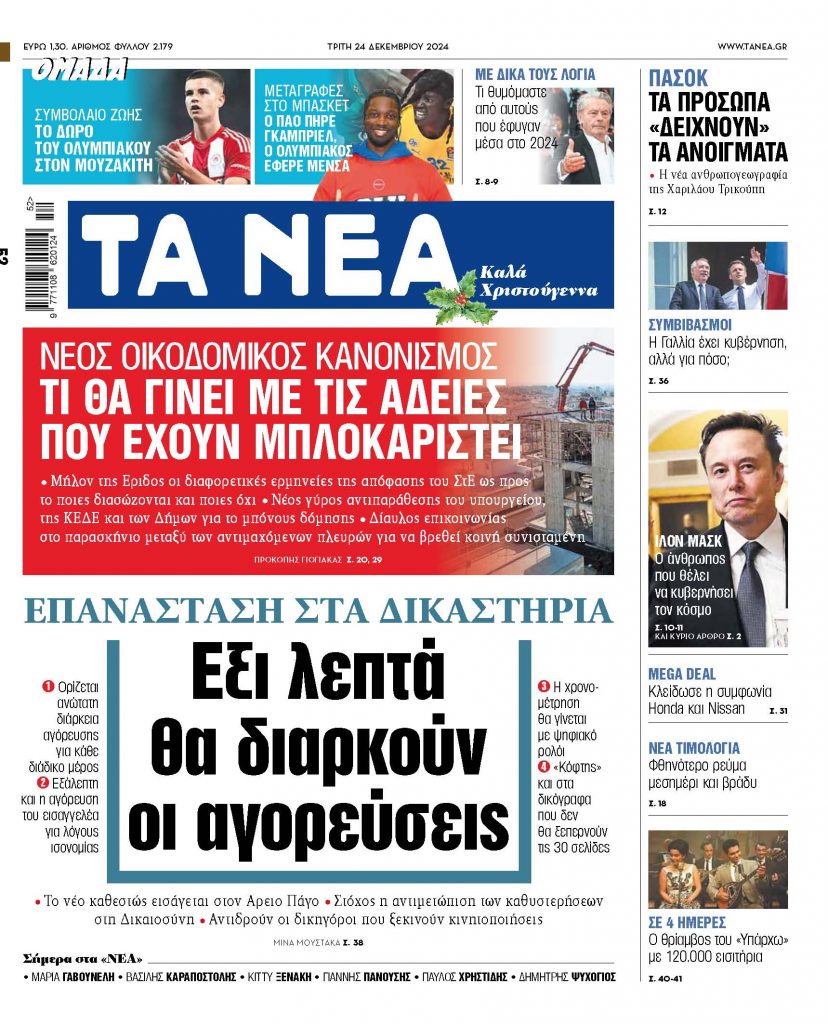Brussels is moving at a turtle’s pace in taking decisions regarding the energy crisis.
Following the EU summit at the end of October, Prime Minister Kyriakos Mitsotakis said, “Under no circumstances do we want the issue to return to us [EU leaders’ level].”
Yet, after lengthy negotiations between EU energy ministers, one is once again confronted with the need for a political decision.
The difficulties in deciding on a mechanism of price regulation maintains the chasms between countries of the North and South.
Even more, it demonstrates the difficulty of reaching a decision without the direct participation of member-states’ leaders, as if nothing had changed after the last months.
The hot potato of fashioning a common energy policy is still being postponed, and time and low temperatures are pressing dangerously.
Good intentions, however, are not always enough, and going back and forth is not a solution.
Time for European answers is running out.
Europe has a duty to assume its responsibilities regarding energy and to send clear messages to the EU’s citizens, who have quite a few reasons to view Brussels with suspicion.
If member-states get stuck on obstacles that cause disagreements on the technical details, then they will confirm the EU’s image as a slow-moving ship, which even in difficult moments is trapped in the mire of bureaucracy.








